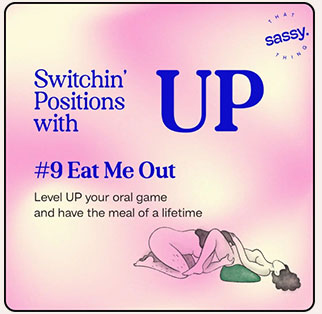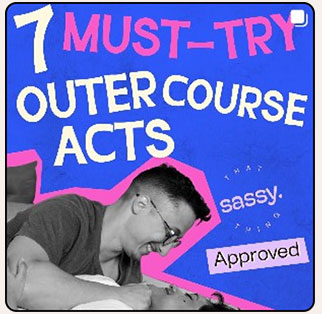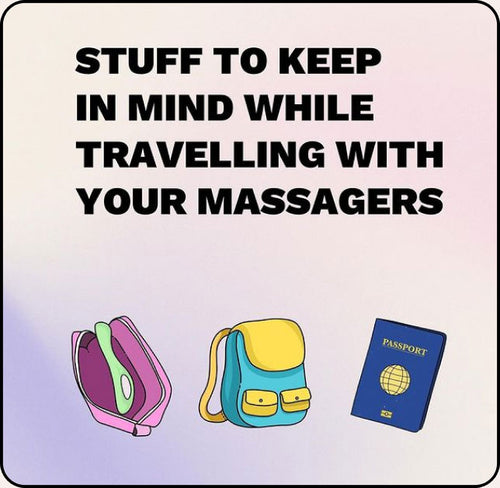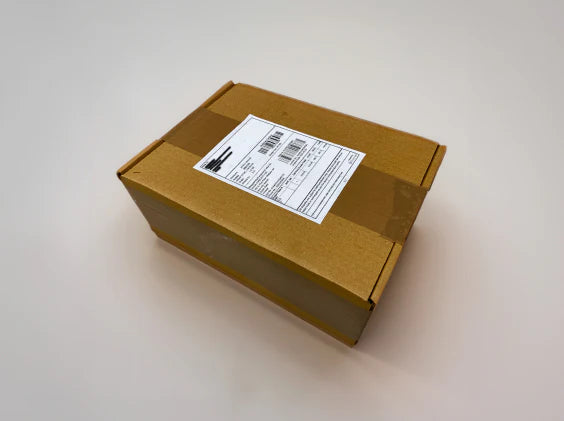Your cart is currently empty
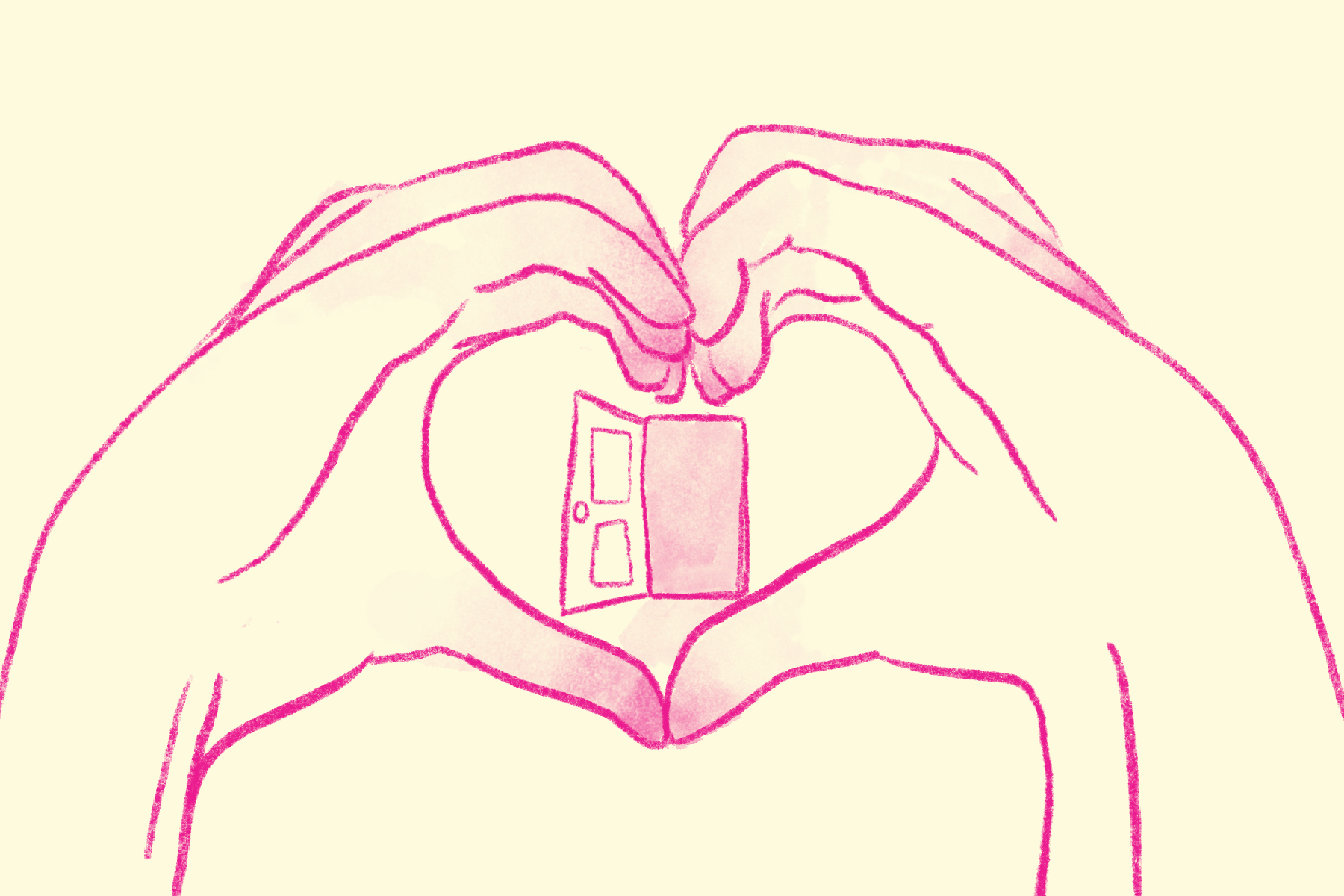
Earlier this year, during a binge-watch session of Made in Heaven’s second season with a group of friends, including a gay friend, it hit me how portrayals of sexualities have evolved in mainstream pop culture. My friend, deeply engrossed in the show, hailed the character of Karan Mehra (played by Arjun Mathur) as a sensitive and authentic portrayal of a gay man. He expressed genuine relief knowing that many viewers would finally grasp that being gay doesn't equate to being effeminate.

Representation, it's a big deal. Seriously! It's not just about some show. It shifts the entire perception game. Remember the endless memes mocking the Patil sisters' attire in Harry Potter or how Raj Koothrapalli was the constant punchline in The Big Bang Theory? Fast forward to today, where Maitreyi Ramrishnan flaunts her Desi charm in Never Have I Ever, and Simone Ashley steals the spotlight in The Bridgerton. Don't we all feel a bit more acknowledged and relieved that our complexities are accurately depicted? Well, the same goes for people of diverse sexualities and genders. But let's be real, we've got a long way to go for truly inclusive representation in pop culture. Even if we may feel that there is FINALLY some visibility and representation of homosexuals or trans persons, the same can’t be said about people of other sexualities. Like bisexual and pansexual men.
Can you name a pansexual character on screen? Cause I can't recall any. And trust me, I'm deep into pop culture. So, if even I feel the representation is lacking, what about those who aren't as tuned in or just don't give a damn about pop culture? Plus, think about the younger people going through their own struggles without anyone to turn to. It makes coming out even more daunting.
Now, if you are the uninitiated, buckle up for a crash course on what it means to be pansexual or bisexual.
Pansexual means when one can feel romantic, sexual or emotional attraction to anyone, including individuals who do not identify as a specific gender. The word was coined from another term ‘pansexualism’, popularised by psychologist Sigmund Freud in the early 1900s, where the prefix ‘pan’ means ‘all’. A pansexual person may find people attractive regardless of their gender or sex. The term has been around for a while, but it was pop sensation Miley Cyrus’ confession of being a pansexual back in a 2016 interview when the Google search for this word soared high.
Bisexuality is defined as the capacity to form physical, emotional and/or romantic attractions to those of the same gender, or to those of another gender, as per LGBT media watchdog The Gay and Lesbian Alliance Against Defamation (GLAAD). However, it is not always easy to put things in a box, as different sexual orientations and gender identities exist and clear-cut definitions might not apply to everyone.
I wanted to hear more about this from men, whose lives have been affected by the lack of representation, and you should pay attention!
R (30), Pansexual
I'm a cisgendered pansexual man, and selectively out to friends. Growing up on the internet did help me understand my sexuality, but it was still awkward and confusing. While there was some representation of gay men, but rarely of pansexual folx. So I had to take my own journey of understanding what it means to be pansexual and how to deal with my attraction to people of all genders and sexual orientation. People still don’t completely understand the concept of being pansexual. And that is part of the reason why I am not very open about my sexuality. The follow up questions can be very intrusive.
Dating straight women has been the hardest. I have had women walk away in the middle of dates after they learn about my sexuality, or I quickly got ghosted on social media and dating platforms. Same has happened with gay men as well, they lose interest in you once they realise you are pansexual. So barring a handful of people, no one knows about my sexual orientation - not even my 2+ year old partner. I fear once my sexuality is known to my partner she might walk away as has happened several times in the past. Even though this is very disingenuous, I have come to see it as an act of self preservation.
N (27), Bisexual
Gay representation has increased in pop culture and media, but the way homosexual or bi characters are portrayed in India can sometimes still fall into stereotypes. They might have coloured hair, a certain way of talking, or dress in a particular manner, making them seem more effeminate or quirky. However, many bisexual individuals may not fit these stereotypes. I don't. For me, 'Call Me by Your Name' provided an authentic representation of a bisexual man who is in a relationship with a woman but also attracted to a man. He isn't depicted differently, and there's a portrayal of the inner turmoil he experiences. This authenticity is crucial, but in Indian culture, stereotypes still prevail. As a bisexual man myself, I can't relate to these stereotypes. I don't feel the need to dye my hair pink, paint my nails, or wear a skirt, even though some men might choose to do so.

These representations have made me question my identity and where I belong. Indian films often romanticise heterosexual relationships, leaving little room for depicting romance between people of the same gender. When I was in relationships with two women consecutively, I had examples from movies to understand romantic love. But when I entered a relationship with a man for the first time, I struggled to express my feelings. For instance, when my boyfriend gave me flowers, I felt awkward because I wasn't sure if it was the right gesture between a man and another man. My conditioning towards romantic heterosexual love made it difficult for me to accept expressions of love in a same-gender relationship. These confusions arise due to a lack of representation in upbringing and a scarcity of diverse examples.
K (23), Bisexual
This lack of visibility just perpetuates the harmful stereotype that bisexuality is just a phase or that it doesn't exist at all. It's important for everyone to see themselves reflected in the media they consume, and the absence of bi or pansexual male characters sends a message that our experiences are not valid or important.
Personally, I have not come out yet. Coming out as bisexual feels daunting because of the pervasive stigma and misconceptions surrounding bisexuality. Many people assume bisexuality means being equally attracted to men and women, which is not always the case. It's a spectrum, and everyone's experiences are unique. Coming out is a deeply personal decision, and for me, the process of self-acceptance and embracing my identity fully is still going on.
K (41), Pansexual
Growing up in India, I never saw anyone like myself depicted in movies or shows, which led to confusion and self-doubt about the validity of my identity. I remember feeling isolated and unsure about my feelings towards people of different genders. Without seeing pansexual representation practically anywhere, I struggled to understand that my attraction to individuals regardless of their gender was valid and real.

There were phases. I initially thought I was bisexual, when I found myself attracted to both women and men in college. But then, I became a part of a queer collective later in college, when I also realised I was feeling emotionally attracted to a trans person. It was through different conversations with friends, and members of that collective when I finally had a eureka moment concerning my sexuality, though it happened a bit late in my early twenties. Imagine just living in perpetual confusion regarding who you are for a good 24-25 years of your life! I wish I had examples to look at and people to talk to earlier in my life.
S, 35, Pansexual
For me, it took forever to even accept myself, let alone be open about it. I'm married now, but my wife doesn't even know. It's like this big secret hanging over me all the time.
I've got a couple of close friends who know, but that's it. It's like I'm living this double life, you know? And even though I know I'm not being true to myself, it's just that I've been conditioned to keep it all bottled up.
Sure, it's great if they start representing pansexual or bisexual men more in pop culture now, but it almost feels too late, you know? Like, the damage is already done. I've spent so long hiding who I really am that I don't even know how to stop anymore.
Isn't it frustrating how the absence of representation hits each person differently? We've all got our unique coping mechanisms, but it's downright heartbreaking that some people can't even be themselves because of these outdated societal norms and the lack of visibility. It's like wanting to sing but having to stay quiet because your neighbour might file a noise complaint and kick you out of the neighbourhood. We need to have more conversations about this. Living your truth shouldn't feel like navigating a minefield, right?
Exploring one's sexuality doesn't end with representation and understanding diverse sexualities. Masturbation, a natural and healthy aspect of human sexuality, is an essential component of self-discovery and pleasure. Interested in learning more about masturbation and its nuances? Check out our blog Fap-tastic fun tips and tricks for Male Masturbation.
-----
About the Author
Meet Disha (she/her) who believes she's half therapist because people spill their guts to her with ease. But for now, she's writing sassy pieces on the internet about all things fun and pop culture. With a flair for wit and a curious spirit, she is all about digging into the saucy details of human intimacy.








